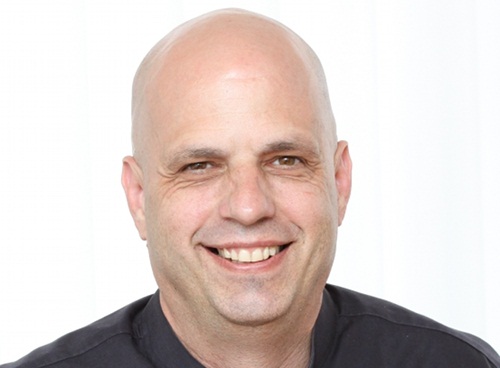The freemium model is a strange beast. Many vendors avoid giving away anything unless some coins go in their bulging coffers, yet others see it as a way of getting customers’ attention before upselling.
Anti-virus vendor Avast is part of the latter group. However, this week one of its free services was shut down. The Indian firm providing Avast’s no-cost phone support, iYogi, was caught trying to upsell by lying to customers. Brian Krebs, the man who uncovered the dodgy practices, said iYogi’s tactics were “practically indistinguishable from those employed by peddlers of fake anti-virus software or ‘scareware’.”
As the security vendor preps itself for an IPO, TechWeekEuope caught up with Vince Steckler, CEO of Avast, to talk about the iYogi issues and the problems of managing long-distance partner relationships.
What’s the situation with iYogi right now?
We’ve got it turned off. There are a lot of customers who really want free phone support and of course it is a big challenge providing that on a free product. We’ve always been intrigued by the model.
 iYogi were kind of the pioneers of this. We think it is a great concept, but we’re still trying to figure out how to do it, but it’s got to be done so that there is no incentive to take advantage of a user to make money.
iYogi were kind of the pioneers of this. We think it is a great concept, but we’re still trying to figure out how to do it, but it’s got to be done so that there is no incentive to take advantage of a user to make money.
Digging Deep
Do you think it would be wise to bring the free phone service closer to home?
Interestingly enough, on the same day iYogi had that problem, we actually started up a similar Spanish language version that’s not using iYogi. In fact, it’s entirely branded with the Avast name. We’re in complete control of the user experience there. That might end up being the better model. What we’ll probably do is see how this trial in Spanish goes and if it goes well, maybe we’ll roll that out into English.
We’ve still got iYogi digging into what happened. We have got to make sure we don’t throw the baby out with the bath water here. The customer satisfaction levels were huge, so the question is why were people apparently being taken advantage of. Is that a systemic problem or is it not a systemic problem? Then we’ll decide if it makes sense to have them as a long-term partner or not.
How easy is it to lock down partners to ensure you won’t get hurt by their foul ups?
It’s not like we take a partner and then don’t check up on them. We actually got into iYogi from one of their major corporate investors. They have a couple of big software companies that are investors, that’s how we were introduced to them.
We did a lot of spot checks. We have people over in the call centres fairly frequently monitoring what is going on, we have the ability of listening in on the phone calls and a number of us, including myself, periodically call them pretending to be a customer.
We had seen where the support quality maybe wasn’t perfect but that’s kind of true of support in general. Not everyone are experts. We never personally encountered what Krebs encountered.
I got a few complaints a few weeks ago and sat down with the senior execs over there. They said “basically it’s not systemic, it’s some bad training we’ll go and fix it, it won’t happen again” Then of course it happened again and that’s why we pulled the plug.
It must be much harder to audit partners when they’re that far away, right?
It is, but a lot of things are done over the internet. We can listen in to random support calls over the net. Anytime we got complaints about the service, we’d pull up the call logs and either read the call logs or listen in on the call. There were users that had legitimate complaints – not about being oversold like this – but that the technician misdiagnosed their problem, or something.
There is also usually a big difference between what you hear on the call and a user’s recollection of the call. Those two things don’t always match. But perception trumps reality. It’s a lot easier if the call centre is in your building, but that’s just not how call centres operate. Our products support 40 languages. We definitely can’t run call centres in 40 languages in one location.
You can listen in on calls, you can make test calls yourself, you can listen to user feedback, but sometimes it still doesn’t work.
Think you know security inside out? Try our completely FREE quiz!




